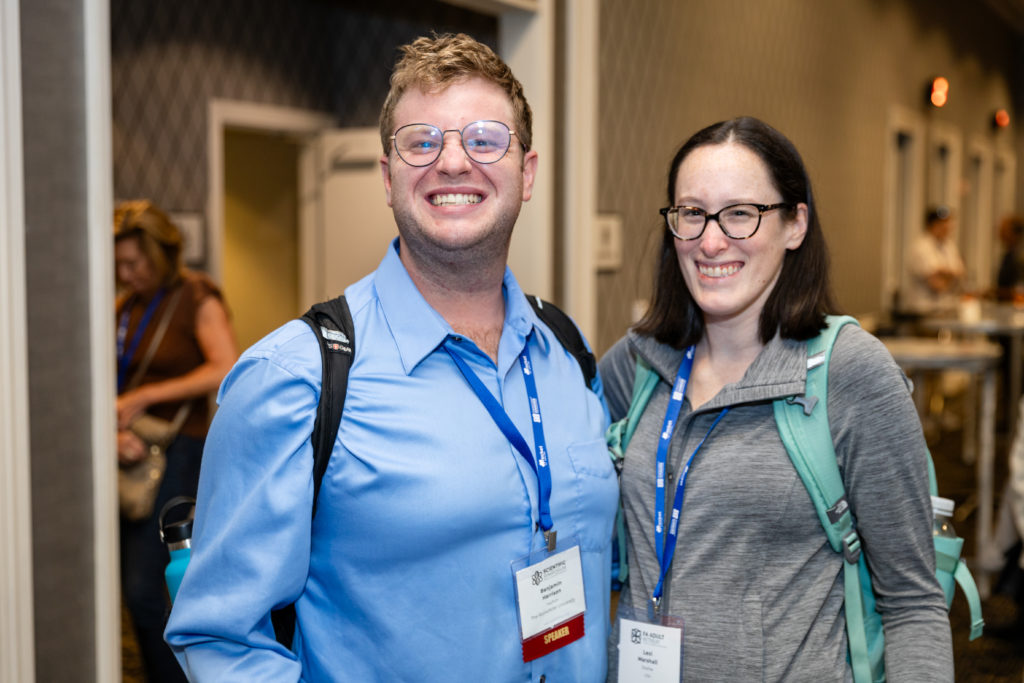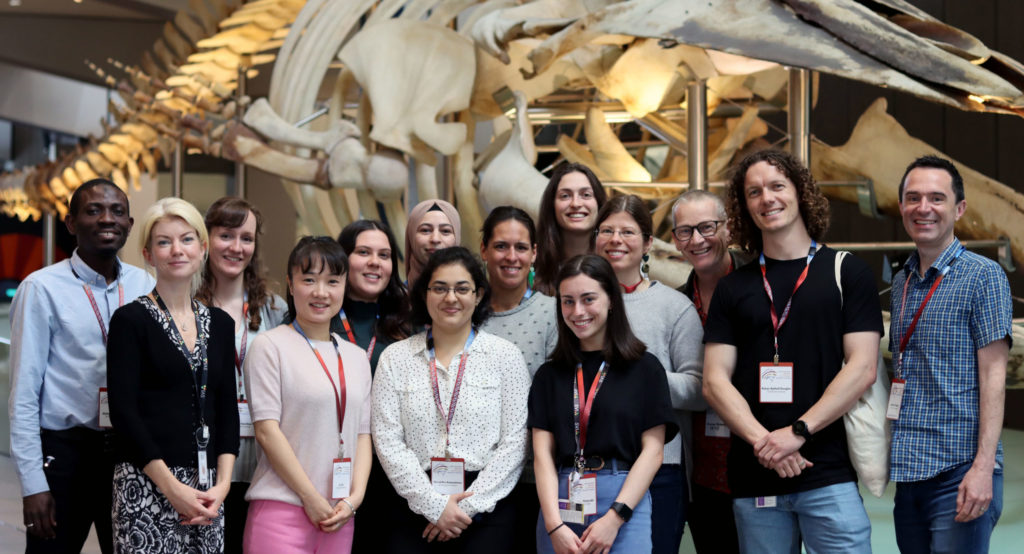Name: Joseph Hallett
Institution: Genome Stability and PRECISE Laboratories, University of Manchester.
Area of expertise: Proton and x-ray radiobiology
My work:
I am a Fanconi Hope-funded PhD student. Fanconi Hope is the FA Support Group in the United Kingdom. My project investigates the effects of protons and conventional x-rays in FA-derived malignant and non-malignant cells. My work aims to better understand radiation in FA, and ultimately inform its better use in clinical practice.

In the research room in Manchester
In the Genome Stability Laboratory, we use cutting edge techniques to study the DNA damage response and inform the development of novel therapeutics. I am also a member of the PRECISE Laboratory (Proton research at The Christie and the University’s Division of Cancer Sciences), which aims to understand the physical and biological effects of proton beam therapy (PBT), a form of radiotherapy that uses charged particles called protons, which have a more specific dose delivery than conventional x-rays. I conduct all my proton experiments using a state-of-the-art purpose-built research room. Crucially, we can irradiate cells under hypoxia (low oxygen), which more closely mimics the tumor environment. This is unique to our setup in Manchester. We are one of only two centres like this in the UK, so we are very privileged to be able to do this work!
What motivates me to work on FA:
FA not only increases the risk of squamous cell carcinoma, but also complicates treatment. Because of this, many FA cancer patients receive surgery only. The role of radiotherapy in treating FA cancers is still controversial, with some cases of toxicity reported. My research will help provide an insight into the role of different radiation modalities in FA, to more effectively treat squamous cell carcinoma, with minimal effect on the normal tissue.
When I’m not working, you could find me:
I am an avid foodie who really enjoys trying new restaurants and cooking and baking for my friends and family. I also really love dogs and am often seen dog-sitting for friends whenever I can!
I’d like FA families to know…
Treatment options for cancer in FA patients are limited, yes, however, having been to the FARF meeting in Vancouver, I am reassured by how many very talented scientists and clinicians are working all hours of the day to change this! I am proud and privileged to be part of this very special scientific community, where clinicians and scientists work closely together with patients to improve the outcomes and quality of life of individuals affected by FA.
Pictured below: The PRECISE group led by Professor Karen Kirkby (left) and The Genome Stability Laboratory led by Dr Christine Schmidt and Dr Stefan Meyer (right).






